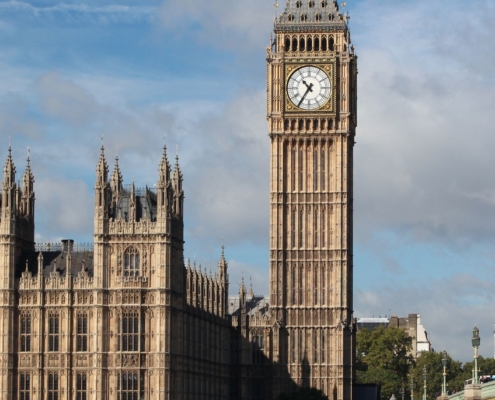Orthopaedic patients could face a seven-year wait in one of Scotland’s health board areas if surgical rates do not increase, according to research.
The study, from the University of Aberdeen, also said the average wait across the country will climb to more than two years and three months if the current pace of operations being carried out persists.
The predictions are based on orthopaedic patients listed in July this year.
Luke Farrow, clinical research fellow at the University of Aberdeen, was one of the authors of the study which aimed to determine the mismatch between current supply and demand, and assess the feasibility of the Scottish Government target of one-year wait time by 2024.
The team calculated four possible different scenarios, ranging from “worst-case scenario”, where activity remains at current levels for the foreseeable future, to “best-case scenario”, where activity returns to pre-pandemic volumes by November 2022, bolstered by proposals for the National Treatment Centre (NTC) programme.
The NCT project is an investment by the Scottish Government to support a national network of purpose-built healthcare facilities across Scotland for planned and diagnostic care, with four set to open in 2023.
According to the study, there would be significant variation in waiting times between health board areas if the surgical rate remained the same as it is now, with an almost six-year difference in potential waits.
The figures showed orthopaedic patients in NHS Highland are predicted to wait up to seven years for an operation in the worst case scenario.











